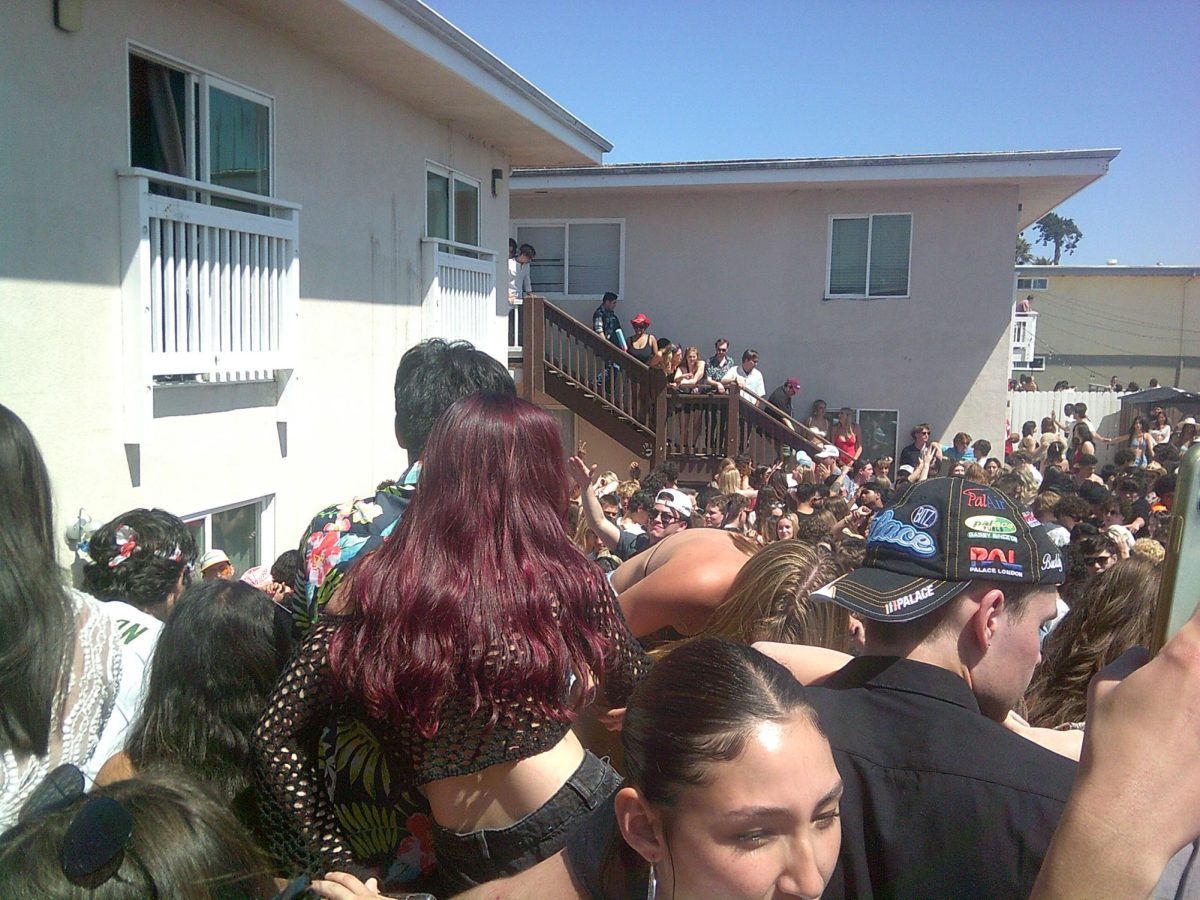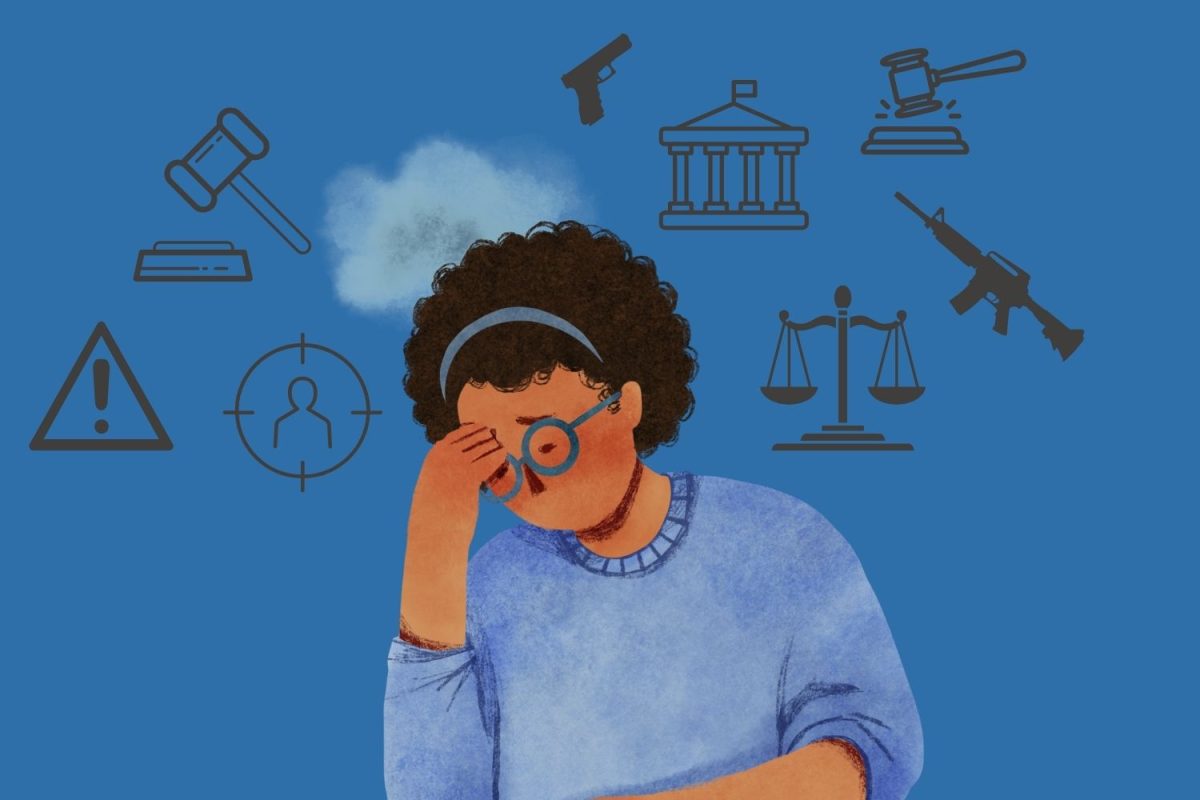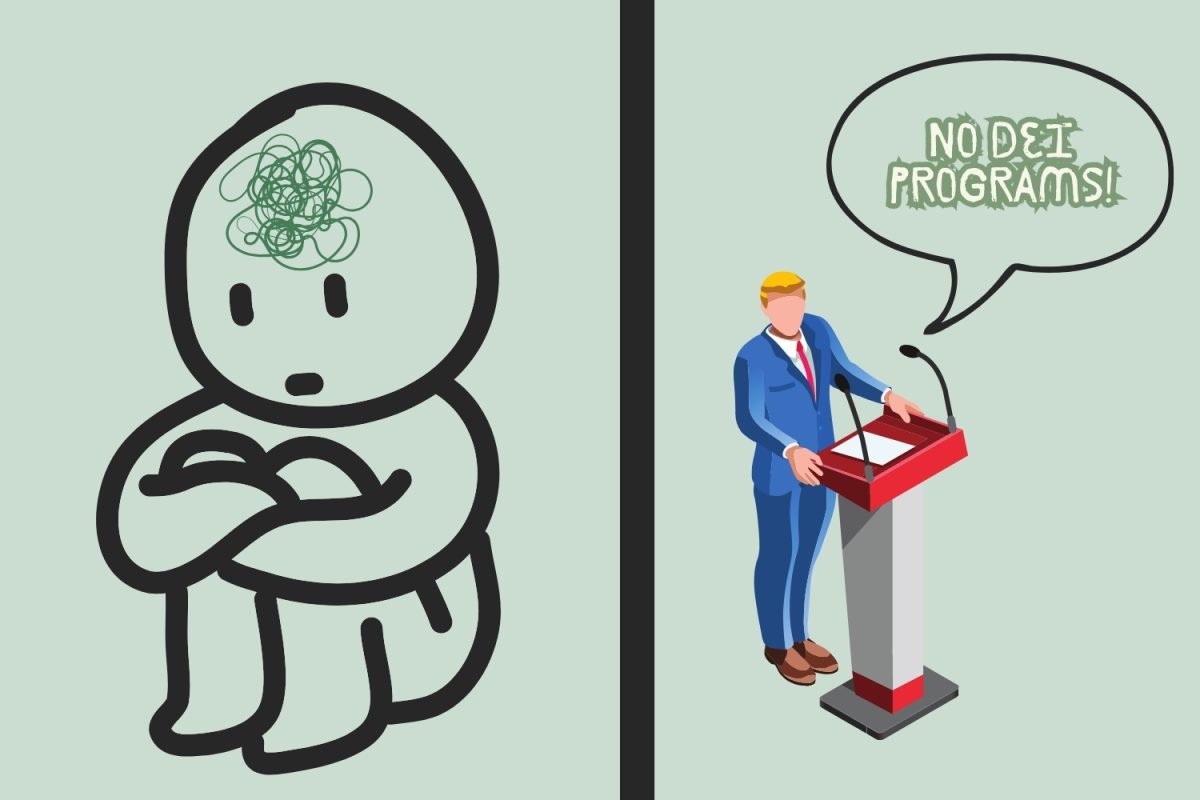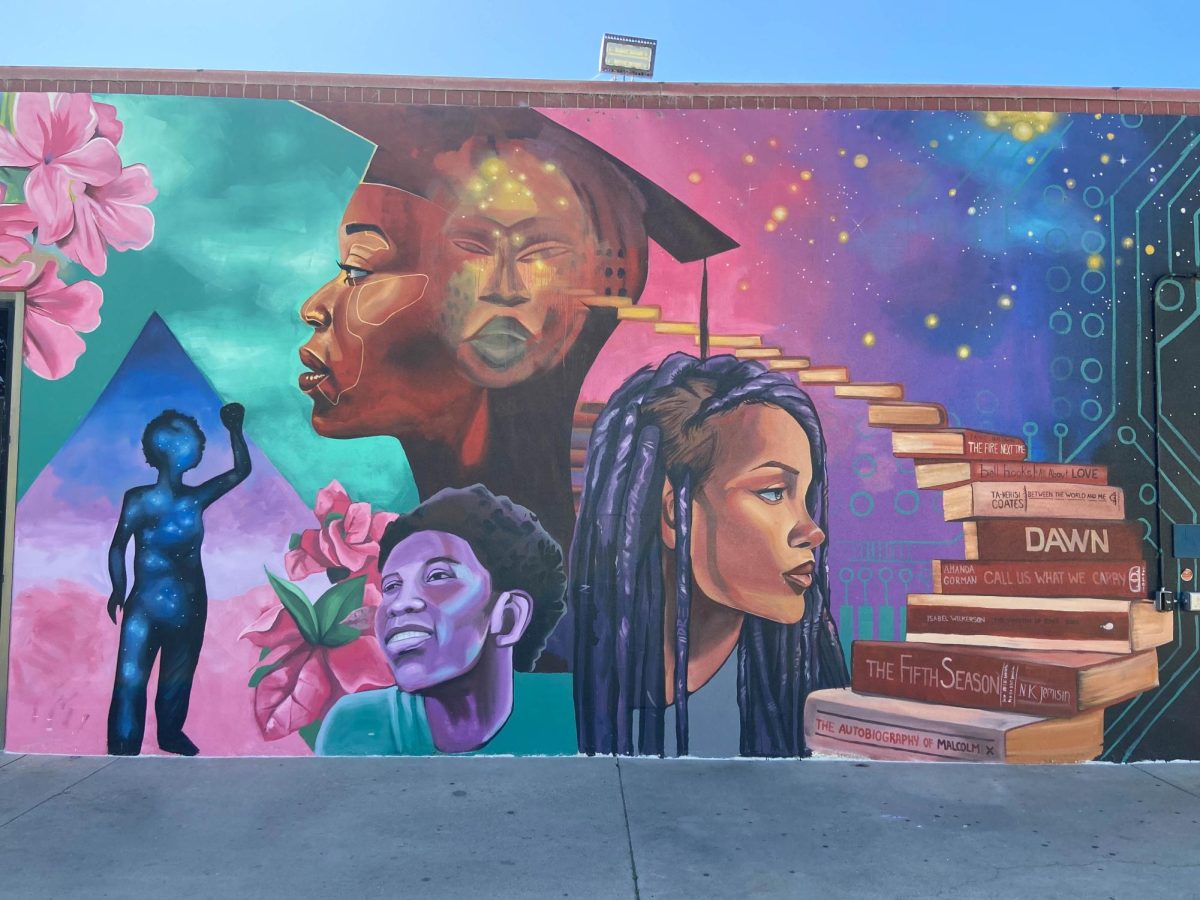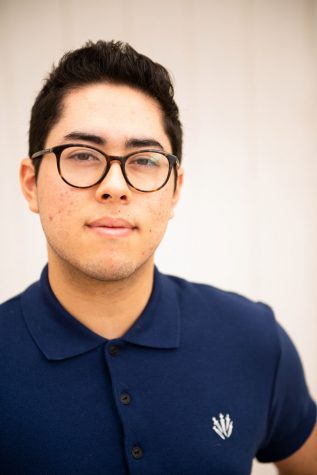 Growing up with a mixed heritage, I never felt like I belonged. I found myself juggling two cultures, neither of which quite fit me.
Growing up with a mixed heritage, I never felt like I belonged. I found myself juggling two cultures, neither of which quite fit me.
While I’m proud of my mixed heritage, I didn’t give much thought to my ethnic background until I moved in with my step dad and my mom, who has Mexican ancestry. My biological father is half Mexican and half Dutch, and this combination contributed to my black hair, brown eyes, and noticeably lighter complexion. But for a long time, I used to just think of myself as an American: not strictly Mexican, and certainly not white.
I soon found myself forced to balance the two identities. Whether the room was full of Caucasians or Latinos, it didn’t matter — I struggled either way. Physically, I just didn’t look like most of my peers and it started to disrupt my daily life.
One instance I will never forget happened when I was about twelve years old. I was at our local Yacht Club, just listening to my headphones and fiddling with my phone. From across the way, I saw an older white male storming down the docks so forcefully the dock shook. “HEY! You can’t be here!” he yelled. He promptly accused me of trespassing and demanded that I leave the premises immediately.
It didn’t matter to him that my family has been paying members for years. Because the club is predominantly white, for him there was no way I could ever belong to a institution like that.
Never had I felt so scared, helpless, and vulnerable.
I didn’t feel welcome in the Latin American community, either. Because of my lighter skin tone, my Latin friends often wouldn’t take me seriously, telling me I’m “white and I just wouldn’t get it.” I also remember one girl turning to me on the bus and asking “So, what are you? You look Mexican, but you talk and dress like you’re white.” I was stunned.
During classes, my high school Spanish honors teacher publicly criticized me during class for being “a fake Mexican,” accusing me of wanting to be white. He didn’t believe I had any shared experiences with my fellow Latin students. Others said that because I had a lighter complexion, I couldn’t understand their struggles.
It was jarring to be lumped into populations I never even identified with in the first place. I wanted to be the solution, but I was considered the problem. It made it seem like I had to give up my own personal voice.
It was a shock to go between the two worlds. I felt powerless. I wanted to be a champion of change and tolerance, but if no one would let me speak, how could I? I know it’s not the popular opinion, but I truly believe that for progress to be made, we have to have conversations to find a middle ground. Until then, there will always be a disconnect between perceived experience and reality.
If you don’t understand what someone has endured, then you can’t empathize, and a one-sided society is the ultimate snub to the American Dream.





